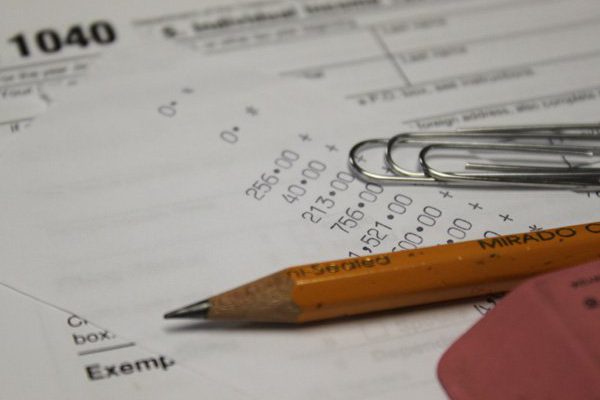
TDS slab rate for financial year 2016-17 remains unchanged in the current union budget that was announced on Feb 29, 2016.
However, with reference to financial year 2015-16, some key changes have been made in tds in union budget 2016-17 that the Government claim to be benfitting for tax payers:
1). Section 80GG – Deduction of House Rent Paid
Deduction amount under 80GG increased from Rs 24,000 per annum to Rs 60,000 per annum. The Section 80GG of the Income Tax is only applicable for individuals who do not avail HRA. It also holds true for people who do not claim a tds deduction for their rent in any other sections of the Income Tax.
The Amendment Clause in Union Budget 2016:
Amendment of section 80GG.
In section 80GG of the Income-tax Act, for the words “two thousand rupees”, the words “five thousand rupees” shall be substituted with effect from the 1st day of April, 2017.
2). Section 87A – Income Tax Rebate
Section 87A states that an assessee, being an individual resident in India, whose total income does not exceed five hundred thousand rupees, shall be entitled to a deduction, from the amount of income-tax (as computed before allowing the deductions under Chapter VIII of the Income-tax Act) on his total income with which he is chargeable for any assessment year, of an amount equal to hundred per cent of such income-tax or an amount of two thousand rupees, whichever is less. In recent budget of 2016 the rebate amount has been raised from Rs. 2000 to Rs. 5000.
The Amendment Clause in Union Budget 2016:
In section 87A of the Income-tax Act, for the words “two thousand rupees”, the words “five thousand rupees” shall be substituted with effect from the 1st day of April, 2017.
3). Surcharge on Income above One Crore Rupees
The Amendment Clause in Union Budget 2016:
The tds surcharge on individuals having income above one crore rupees has been increased from 12% to 15%.
4). National Pension System withdrawal made tax free
National Pension System : 40% of corpus withdrawal at the time of retirement will be tax exempted. You can withdraw upto 60% of the corpus and out of this as per the new proposal 40% will be tax-free.
5). Taxing of EPF
As per the Budget 2016 proposal, at the time of retirement, 40% of the EPF (Employees Provident Fund) lump sum withdrawal is tax-exempted, 60% of the corpus is taxable as per the applicable Income Tax Slab. The levy on TDS can be avoided by way of transfer to the account of the employee under a pension scheme referred to in section 80-CCD and notified by the Central Government; the Annuity income will be Tax-free.
6). Section 80EE – First time Home Buyers can claim an additional Tax deduction of up to Rs 50,000 on home loan interest payments u/s 80EE.
The home loan should have been sanctioned in FY 2016-17
Loan amount should be less than Rs 35 Lakh
The value of house should not be more than Rs 50 Lakh
7). Budget 2016 proposes to levy 10% Dividend Distribution Tax (DDT) in the hands of the investor who receives dividend of Rs 10 Lakh or more in a financial year.
Cash purchases of goods & services which are worth more than Rs 2 Lakh & purchases of car worth more than Rs 10 Lakh will be subject to TCS (Tax collection at Source). Tax at source of 1% on purchase of luxury cars would be levied.
8). Budget 2016 has proposed to provide a limited period ‘Tax Compliance Window‘ for domestic taxpayers. This will be created between 1 June to 30th September to declare undisclosed income or income. To clear up their past tax transgressions, the taxpayers will have to pay tax at 30%, and surcharge at 7.5% and penalty at 7.5%. So, the total applicable tax would be at 45% of the undisclosed income. They will have to pay up the taxes within two months of declaration.
9). Levy of Infrastructure Cess on purchase of SUVs & Diesel cars.
10). Krishi Kalyan cess at 0.5% on all taxable services effective from 1st June, 2016.
11). Income tax department will expand e-sahyog project to assist small taxpayers.
If you have further questions about TDS changes in budget 2016-17, please feel free to ask us.

